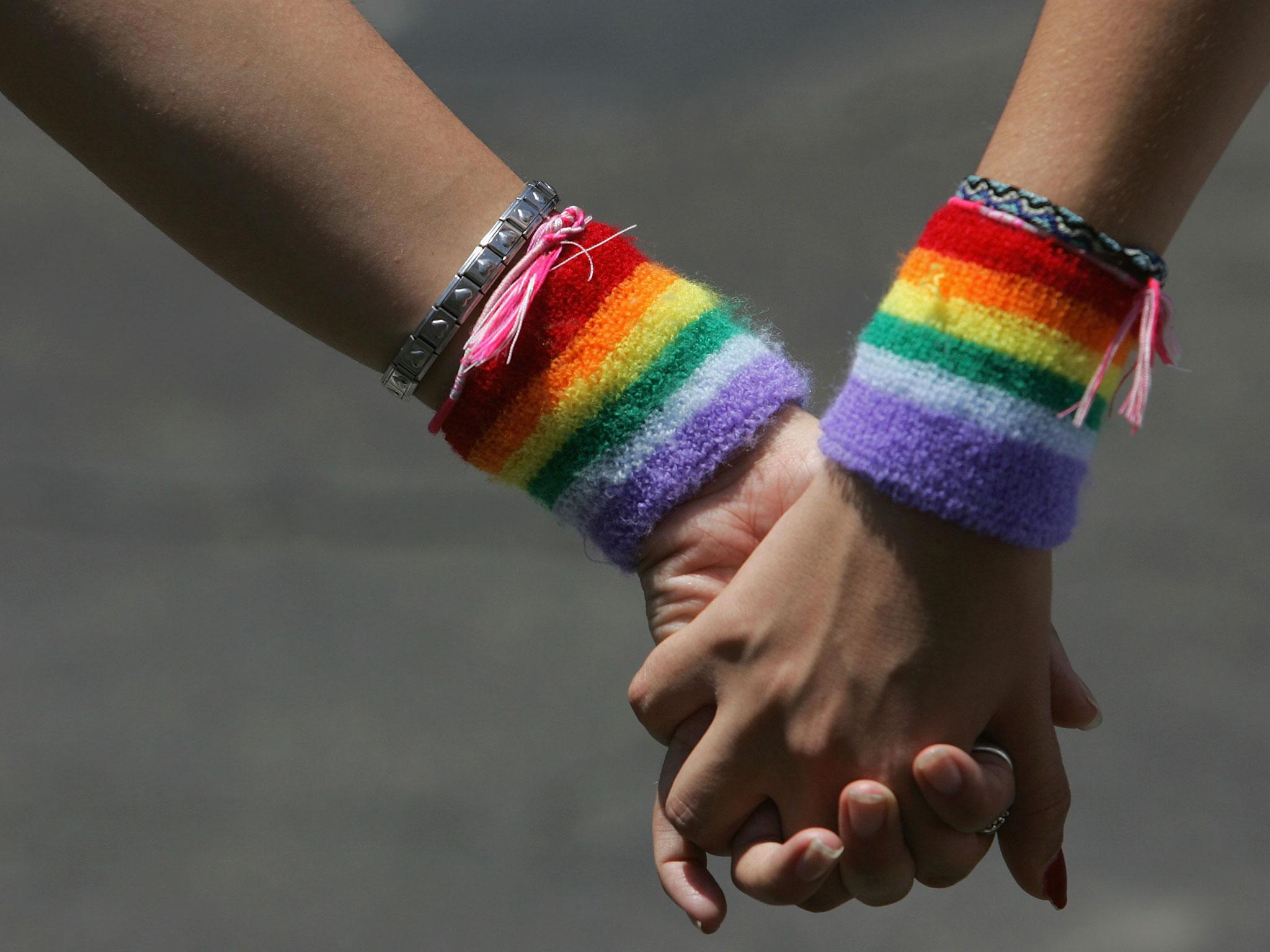Muslims states block 11 LGBT groups from attending UN Aids meeting
Muslim states blocking the LGBT organisations include Egypt, Saudi Arabia, Iran, Indonesia, Sudan and Uganda

Your support helps us to tell the story
From reproductive rights to climate change to Big Tech, The Independent is on the ground when the story is developing. Whether it's investigating the financials of Elon Musk's pro-Trump PAC or producing our latest documentary, 'The A Word', which shines a light on the American women fighting for reproductive rights, we know how important it is to parse out the facts from the messaging.
At such a critical moment in US history, we need reporters on the ground. Your donation allows us to keep sending journalists to speak to both sides of the story.
The Independent is trusted by Americans across the entire political spectrum. And unlike many other quality news outlets, we choose not to lock Americans out of our reporting and analysis with paywalls. We believe quality journalism should be available to everyone, paid for by those who can afford it.
Your support makes all the difference.A group of 51 Muslim states has blocked 11 gay and transgender organisations from attending a high-level meeting at the United Nations next month on ending AIDS, sparking a protest by the United States, Canada and the European Union.
Egypt wrote to the president of the 193-member General Assembly on behalf of the Organisation of Islamic Cooperation to object to the participation of the 11 groups. It did not give a reason in the letter, which Reuters saw.
Samantha Power, US ambassador to the United Nations, wrote to General Assembly President Mogens Lykketoft and said the groups appeared to have been blocked for involvement in lesbian, gay, bisexual and transgender advocacy.
"Given that transgender people are 49 times more likely to be living with HIV than the general population, their exclusion from the high-level meeting will only impede global progress in combating the HIV/AIDS pandemic," Ms Power wrote.
UN officials said the European Union and Canada also wrote to Lykketoft to protest the objections by the OIC group, whose members include Saudi Arabia, Iran, Indonesia, Sudan and Uganda.
The issues of LGBT rights and participation in events at the United Nations have long been contentious. UN Secretary-General Ban Ki-moon has advocated for LGBT equality but faced opposition from African, Arab and Muslim states as well as Russia and China.
"We are deeply concerned that at every negotiation on a new General Assembly gathering, the matter of NGO (non-governmental organisation) participation is questioned and scrutinised," Ms Power wrote.
"The movement to block the participation of NGOs on spurious or hidden grounds is becoming epidemic and severely damages the credibility of the UN," she said.
In 2014, Mr Ki-moon said the UN would recognise all same-sex marriages of its staff, allowing them to receive its benefits. Russia, with the support of 43 states including Saudi Arabia, China, Iran, India, Egypt, Pakistan, and Syria, unsuccessfully tried to overturn the move last year.
In February, the 54-member African Group, the Organisation of Islamic Cooperation and the 25-member Group of Friends of the Family led by Belarus, Egypt and Qatar protested six new UN stamps promoting LGBT equality.
The Group of Friends of the Family promotes the traditional family. It launched a photo exhibit, "Uniting Nations for a Family Friendly World," at the UN on Tuesday, which is the International Day Against Homophobia, Transphobia and Biphobia.
Reuters
Join our commenting forum
Join thought-provoking conversations, follow other Independent readers and see their replies
Comments